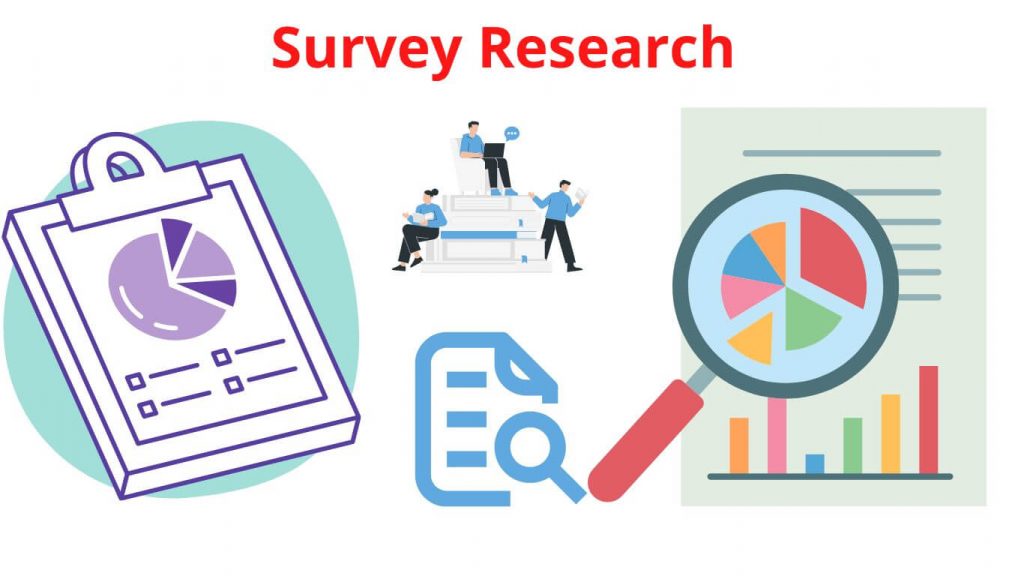Types of Market Research Surveys
Market research surveys come in various types, each serving different purposes and providing unique insights into consumer behavior, preferences, and opinions. Some common types of market research surveys include:
- Online Surveys: Online surveys are conducted over the Internet and are widely used due to their cost-effectiveness, scalability, and ease of administration. They can reach a large audience quickly and collect quantitative data on various topics.
- Telephone Surveys: Telephone surveys involve contacting respondents via telephone and asking structured questions to gather information. While less common in the digital age, telephone surveys can still be effective for reaching certain demographics or populations without internet access.
- In-Person Surveys: In-person surveys involve face-to-face interactions with respondents and are often conducted in public places such as shopping malls, airports, or events. They allow for deeper insights and rapport-building but can be more time-consuming and expensive to administer.
- Mail Surveys: Mail surveys involve sending questionnaires by postal mail to respondents and collecting responses via mail. While less common today due to longer turnaround times and lower response rates, mail surveys can still be useful for reaching certain demographics or conducting longitudinal studies.
- Focus Group Surveys: Focus group surveys involve gathering a small group of participants to discuss specific topics or products in a structured setting. They provide qualitative insights into consumer attitudes, perceptions, and motivations through group discussions and interactions.
- Hybrid Surveys: Hybrid surveys combine multiple survey methodologies, such as online and telephone surveys, to reach a diverse audience or collect data through different channels. They offer flexibility and can be tailored to specific research objectives and target demographics.
In conclusion, the choice of market research survey type depends on factors such as research objectives, target audience, budget, and timeline. By selecting the most appropriate survey methodology, businesses can gather valuable insights to inform strategic decision-making and drive success in the marketplace.









